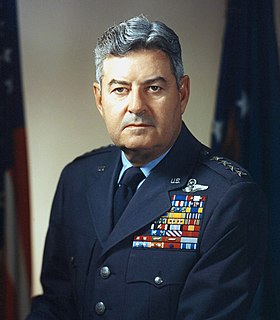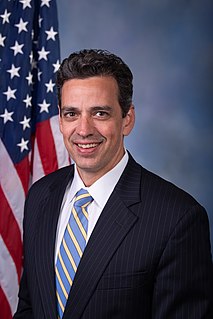A Quote by Richard N. Haass
Any time you use military force, you have got to have a clear purpose that military forces can achieve.
Related Quotes
The most fundamental paradox is that if we're never to use force, we must be prepared to use it and to use it successfully. We Americans don't want war and we don't start fights. We don't maintain a strong military force to conquer or coerce others. The purpose of our military is simple and straightforward: we want to prevent war.
We don't have any intention whatsoever to use military force to solve the Palestinian problem. But when it comes to terror - when it comes to terror, I believe that military - the right military steps is a very, very complicated kind of warfare, where I make every effort not to escalate the situation.
The long-standing, non-partisan and publicly-declared foreign policy commitment of the United States is clear. We will do whatever is required to prevent Iran from possessing nuclear weapons. Our nation has not ruled out any option that may be required to achieve this objective, including the use of military force.
I intend to vote against authorizing the president to use military force in Syria. The Obama Administration has not provided a clear or convincing strategy for inserting our military into the conflict. I am also deeply concerned about the extent to which al-Qaeda-affiliated terrorists are involved in the rebellion.
We need not only an executive to make international law, but we need the military forces to enforce that law and the judicial system to bring the criminals to justice before they have the opportunity to build military forces that use these horrid weapons that rogue nations and movements can get hold of - germs and atomic weapons.
Let me be clear: I'm a believer in a robust military, which is essential for backing up diplomacy. But the implication is that we need a balanced tool chest of diplomatic and military tools alike. Instead, we have a billionaire military and a pauper diplomacy. The U.S. military now has more people in its marching bands than the State Department has in its foreign service - and that's preposterous.








































